
If we don’t make a fundamental change to the way we are living, the world faces the destruction of entire eco-systems, flooding of coastal areas, and ever more extreme weather.
- By Ellen Brown

The Green New Deal endorsed by Alexandria Ocasio-Cortez and more than 40 other US Representatives has been criticized as imposing a too-heavy burden on the rich and upper-middle-class taxpayers who will have to pay for it, but taxing the rich is not what the Green New Deal resolution proposes.
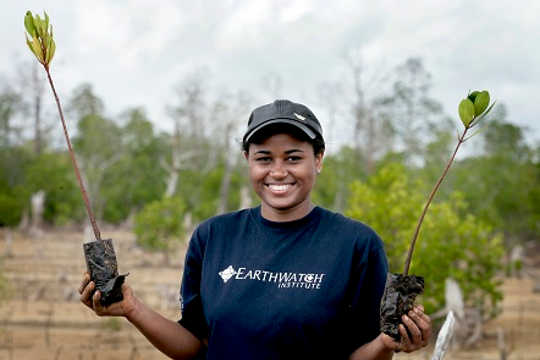
Environmental activists are teaming up with fresh faces in Congress to advocate for a Green New Deal, a bundle of policies that would fight climate change while creating new jobs and reducing inequality.
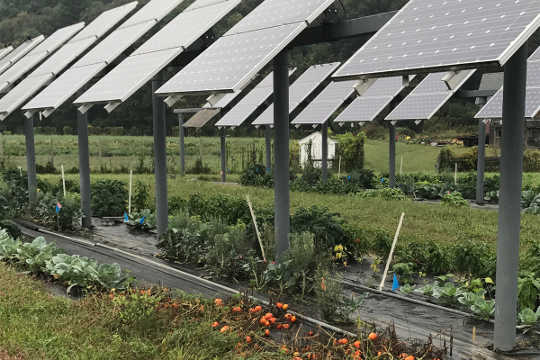
Massachusetts is leading the charge in dual-use solar installations, making it possible to grow some crops and pasture animals while generating clean energy.
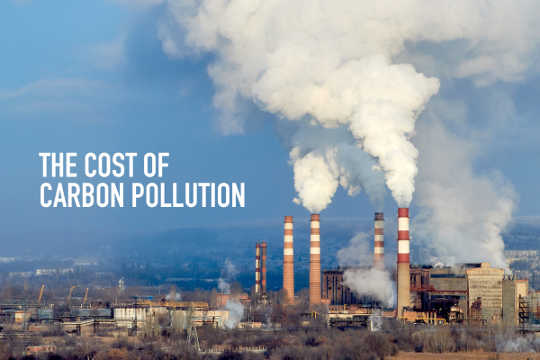 A carbon tax makes fossil fuels like oil and coal more expensive. That, in turn, leads consumers and industries to use less of them.
A carbon tax makes fossil fuels like oil and coal more expensive. That, in turn, leads consumers and industries to use less of them.
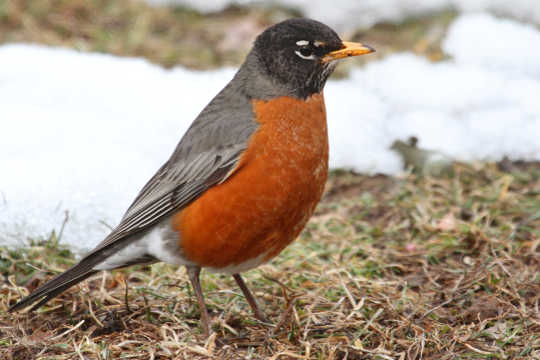 I spend many hours working on my computer while sitting in front of sliding glass doors so as to be part of nature.
I spend many hours working on my computer while sitting in front of sliding glass doors so as to be part of nature.
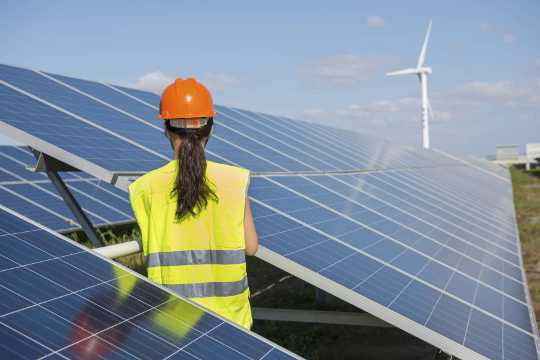 Rapid progress towards clean energy is needed to meet the global ambition to limit warming to no more than 1.5C above pre-industrial temperatures.
Rapid progress towards clean energy is needed to meet the global ambition to limit warming to no more than 1.5C above pre-industrial temperatures.
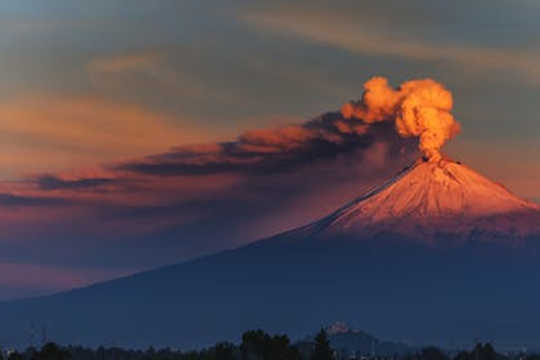 2018 has been a year of unprecedented weather extremes around the world.
2018 has been a year of unprecedented weather extremes around the world.
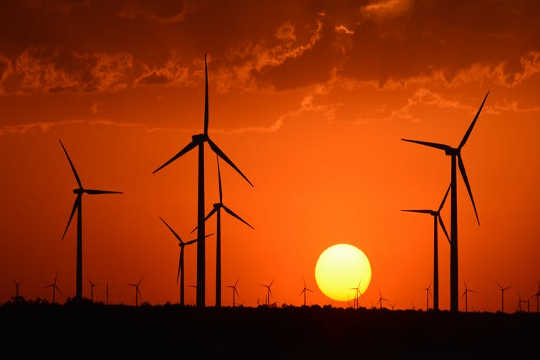 Climate change news can be incredibly depressing. But things cannot be entirely bad, can they? We asked some climate researchers to peer through the smog and highlight a few positive stories from 2018.
Climate change news can be incredibly depressing. But things cannot be entirely bad, can they? We asked some climate researchers to peer through the smog and highlight a few positive stories from 2018.
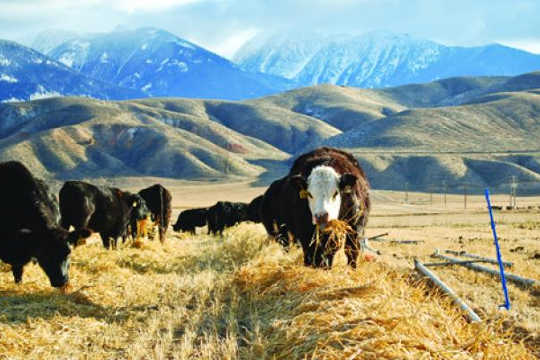 As the scale and impacts of climate change become increasingly alarming, meat is a popular target for action. Advocates urge the public to eat less meat to save the environment. Some activists have called for taxing meat to reduce consumption of it.
As the scale and impacts of climate change become increasingly alarming, meat is a popular target for action. Advocates urge the public to eat less meat to save the environment. Some activists have called for taxing meat to reduce consumption of it.
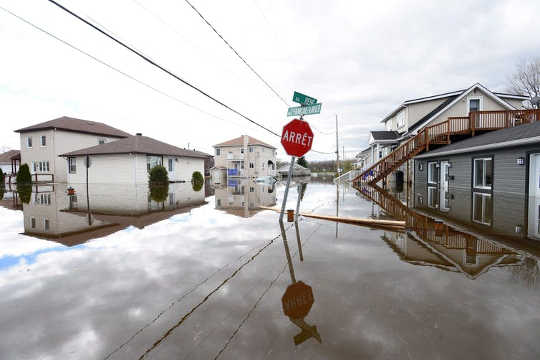 It seems like a day doesn’t pass without the release of yet another study that shows human actions will inevitably increase the Earth’s average temperature past a tipping point that will lead to runaway climate change.
It seems like a day doesn’t pass without the release of yet another study that shows human actions will inevitably increase the Earth’s average temperature past a tipping point that will lead to runaway climate change.
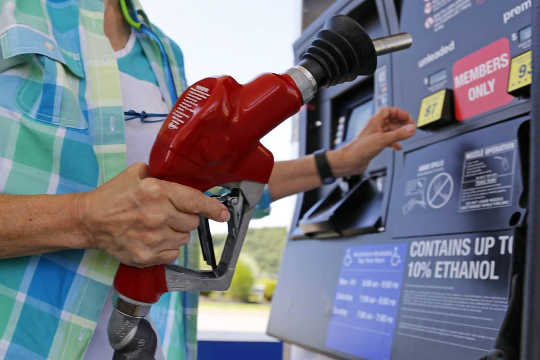 The relationship between supply and demand, a fundamental economic concept, holds that when the price of something rises, people use less of it. Similarly, when prices fall, they use more.
The relationship between supply and demand, a fundamental economic concept, holds that when the price of something rises, people use less of it. Similarly, when prices fall, they use more.
 What do your car, phone, soda bottle and shoes have in common? They’re all largely made from petroleum. This nonrenewable resource gets processed into a versatile set of chemicals called polymers – or more commonly, plastics. Over 5 billion gallons of oil each year are converted into plastics alone.
What do your car, phone, soda bottle and shoes have in common? They’re all largely made from petroleum. This nonrenewable resource gets processed into a versatile set of chemicals called polymers – or more commonly, plastics. Over 5 billion gallons of oil each year are converted into plastics alone.
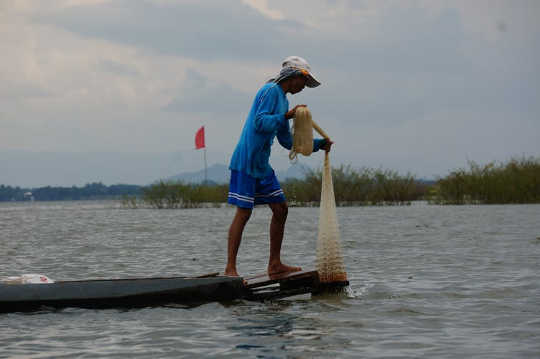
Kwan Phayao, a large, crescent moon of a lake in Northern Thailand, is home to about 50 fish species, several hundred small-scale farmers and fishers, and the city of Phayao, where 18,000 people live.
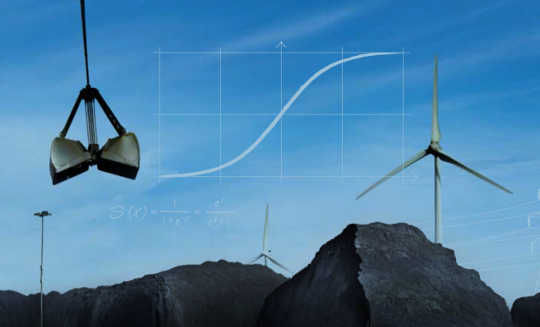 Opposition Leader Bill Shorten announced last week that a federal Labor government would create a Just Transition Authority to overseee Australia’s transition from fossil fuels to renewable energy.
Opposition Leader Bill Shorten announced last week that a federal Labor government would create a Just Transition Authority to overseee Australia’s transition from fossil fuels to renewable energy.

As the price of renewable energy drops and storage technologies mature, hydrogen fuel is drawing fresh attention. Perhaps, finally, hydrogen’s moment has arrived. Japan is planning to use the 2020 Tokyo Olympic Games to showcase its vision for a hydrogen society and has invested US$348 million in establishing hydrogen refueling stations and other infrastructure. Germany has launched the world’s first hydrogen-powered trains...
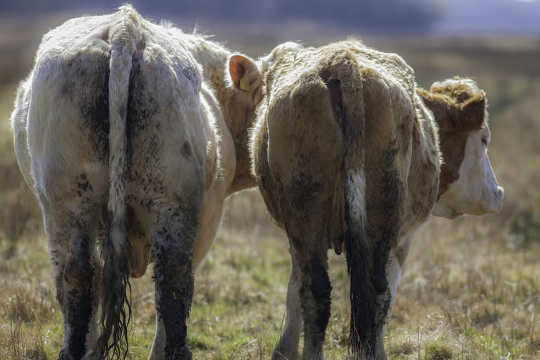
Will taxing meat products based on their carbon footprint reduce greenhouse gas (GHG) emissions and improve public health? The answer is maybe, but not notably — and it will come with significant costs.

The latest report from the Intergovernmental Panel on Climate Change (IPCC) has been called a “deafening” alarm and an “ear-splitting wake-up call” about the need for sweeping climate action. But will one more scientific report move countries to dramatically cut emissions?
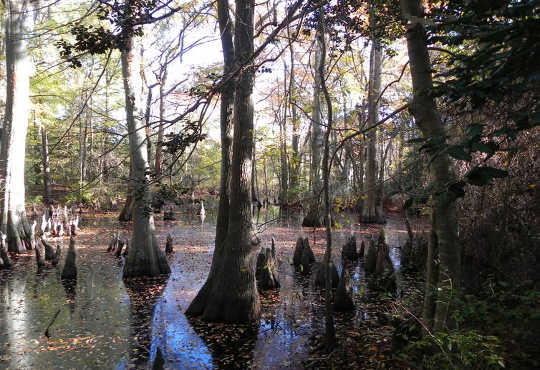
“Drain the swamp” has long meant getting rid of something distasteful. Actually, the world needs more swamps – and bogs, fens, marshes and other types of wetlands.
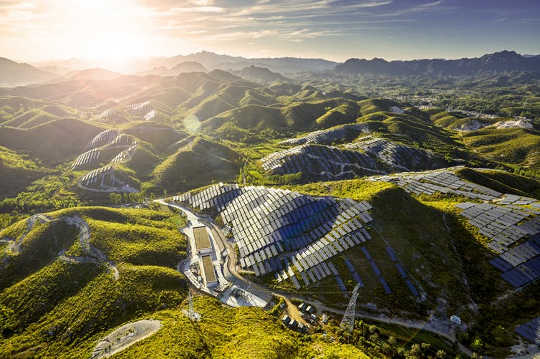
Renewable energy is increasingly inevitable, and those that dominate the markets in these new technologies will likely have the most influence over the development patterns of the future. As other major powers find themselves in climate denial or atrophy, China may well boost its power and status by becoming the global energy leader of tomorrow.
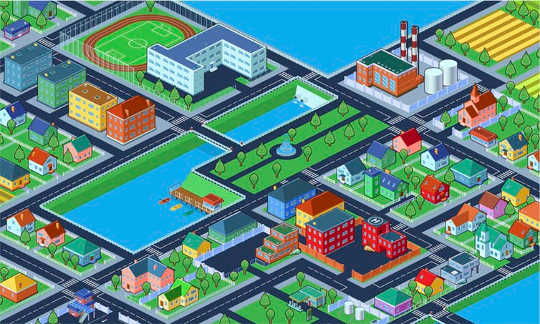
The Turnbull government’s flagship energy plan, the National Energy Guarantee, was intended to end a decade-long stalemate on energy and climate policy in Australia. Ironically, since its unveiling in October 2017, the debate has heightened considerably, with the result that the government has now walked away from the emissions-reduction component of the policy.
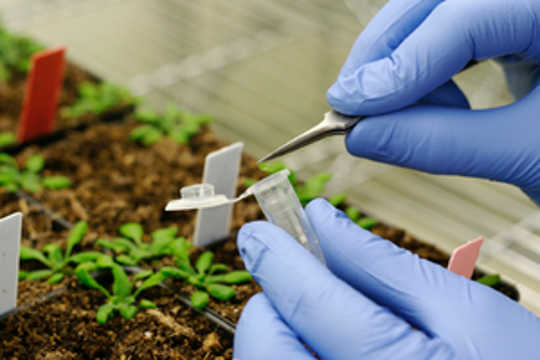 To cool the world and also boost plant growth, geo-engineered crops might do the trick. But if they work by dimming the sunlight, the plants will suffer. Proposals to tackle climate change that rely on geo-engineered crops show neatly the double bind that can await remedies which try to do too much.
To cool the world and also boost plant growth, geo-engineered crops might do the trick. But if they work by dimming the sunlight, the plants will suffer. Proposals to tackle climate change that rely on geo-engineered crops show neatly the double bind that can await remedies which try to do too much.
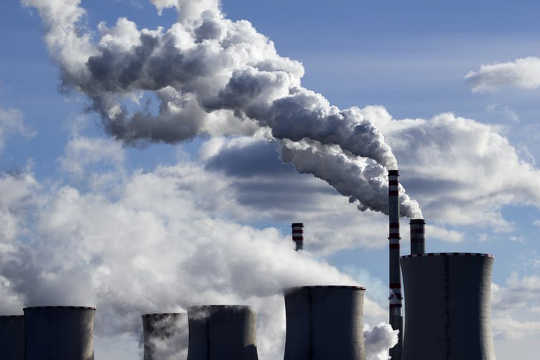
More people than ever are acutely aware that rising levels of carbon dioxide (CO?) in the atmosphere are accelerating climate change and global warming.

















